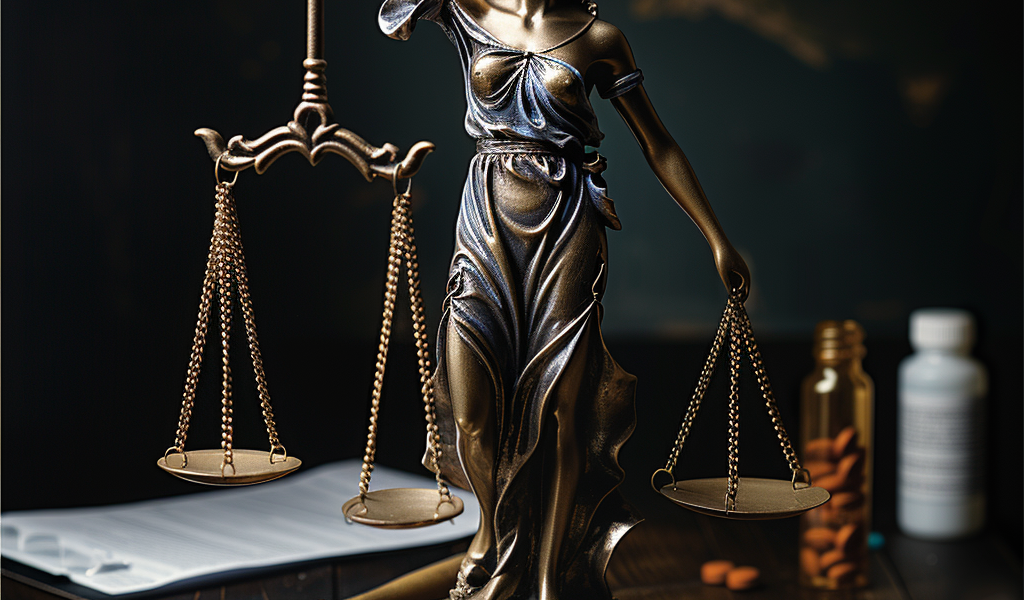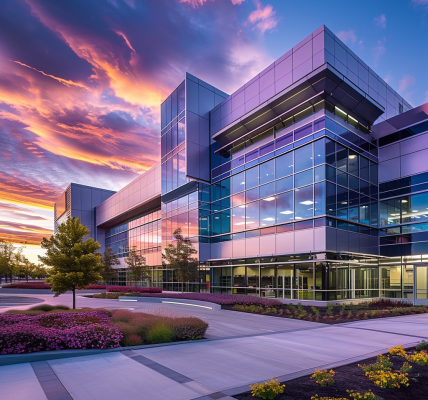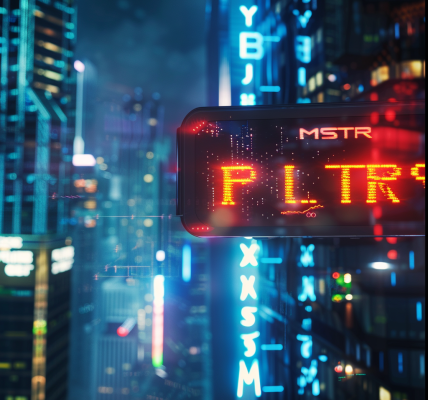US Supreme Court Blocks Legal Protections for Sackler Family in Purdue Pharma Bankruptcy Deal
The US Supreme Court has made a significant decision regarding the bankruptcy deal for Purdue Pharma, blocking a part of the agreement that would have protected the Sackler family from future lawsuits related to the opioid crisis. The Sacklers, who were the owners of the Oxycontin-making company, had agreed to pay $6 billion towards a broader settlement in exchange for legal protections against civil claims linked to the addictive opioid. However, the Supreme Court ruled that providing such protections to the Sacklers, who had not filed for bankruptcy themselves, was not lawful.
Following the ruling, the Sackler family expressed their intention to continue pursuing a settlement, cautioning that without it, there would be costly and chaotic legal battles across the country. The decision is seen as a victory for the US government and other critics of the deal, who argued that shielding the Sacklers was an abuse of the system. While the ruling raises uncertainties about the future of the agreement, which had garnered varying levels of support from parties suing the company, it has sparked discussions about accountability and justice.
Purdue Pharma gained notoriety in the US for its production and promotion of OxyContin, a painkiller marketed as safe despite being highly addictive and prone to widespread abuse. The company filed for bankruptcy in 2019 after facing numerous lawsuits from states, cities, and families. Subsequently, Purdue Pharma pleaded guilty to criminal charges, including defrauding health agencies and engaging in illicit payments to healthcare providers.
The protective shield granted to the Sacklers in this bankruptcy deal has been a common feature in other prominent settlements involving entities like the Boy Scouts of America and the Catholic Church. However, the legality of such protections for third parties has been a subject of debate among courts. Advocates for challenging the deal argued that allowing such shields would enable wealthy corporations and individuals to exploit the bankruptcy system and evade responsibility.
In a 5-4 majority opinion, the Supreme Court’s decision marks a pivotal moment in the ongoing legal battle surrounding Purdue Pharma and the Sackler family. The ruling not only impacts the specifics of this case but also sets a precedent for future bankruptcy deals involving high-profile entities.





